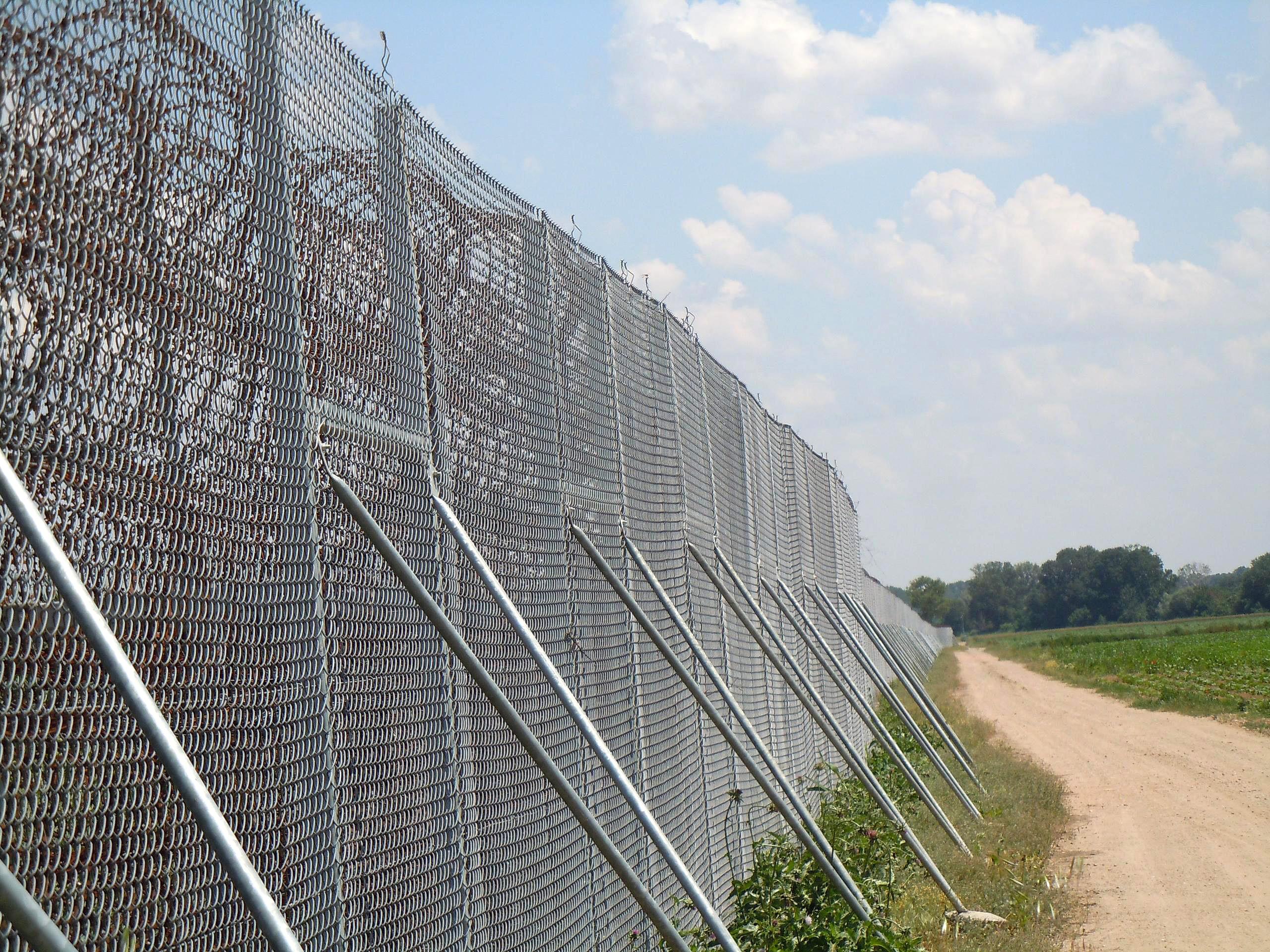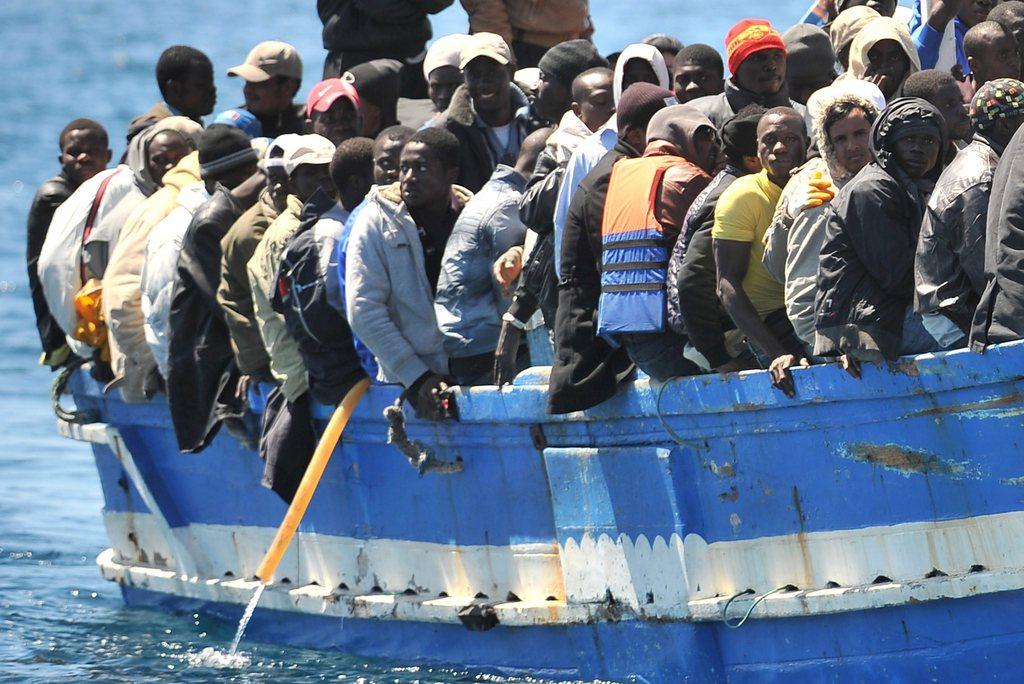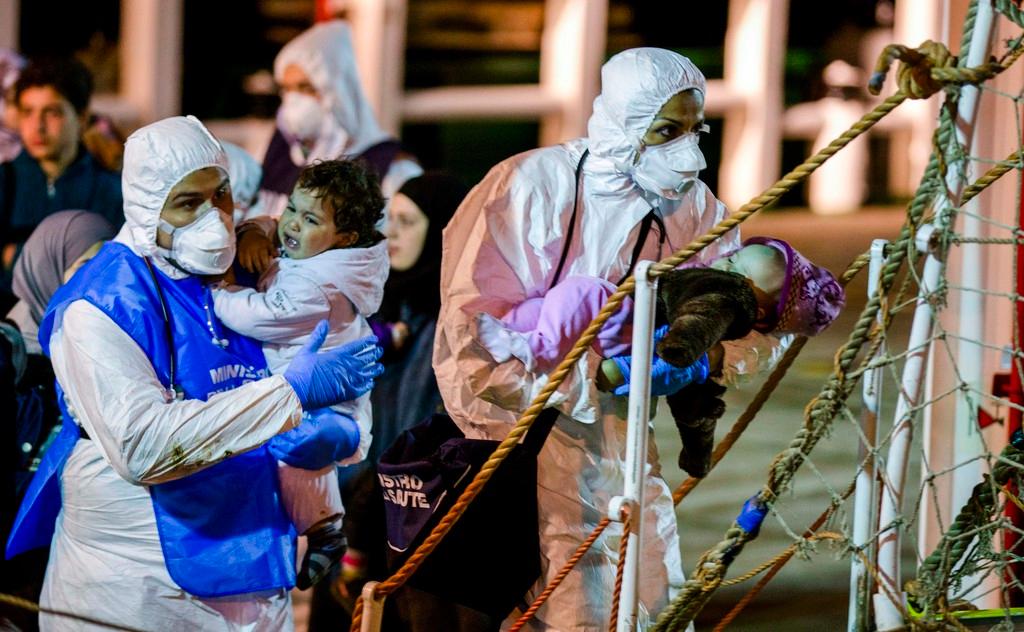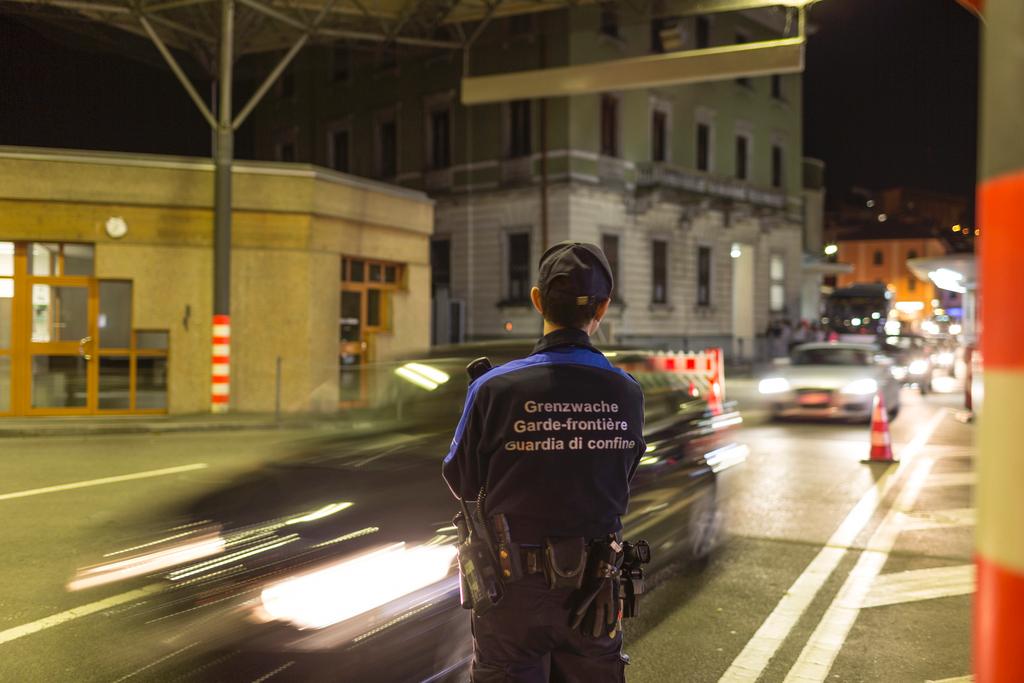Swiss set up task force against people smuggling

Switzerland has created a task force to combat international people smuggling rings who bring refugees to Europe illegally. The task force will comprise border guards, police officials and legal experts and will work with the Italian and German authorities.
The aim is to “catch, arrest and sentence” the smuggling networks, Olivier Pecorini, vice-director of the Federal Office of Police (FEDPOL), told Swiss public radio, SRF on Friday.
He said people smuggling to Europe had now become an “organised crime” and in order to combat this, whether at a European level or within Switzerland, cooperation was necessary.
The task force will start work in the coming days in Chiasso, a border municipality in Italian-speaking canton Ticino.
Pecorini said Switzerland was an important transit and destination country for many refugees heading for “rich northern Europe”.
There are two main routes through Switzerland, he explained: one leads from northern Italy into Ticino and from there through Basel into Germany; the other leads from the Milan region of Italy over the Simplon Pass towards France.
The aim, Pecorini continued, was to put an end to the smuggling so that no refugee drama occurs in Switzerland like the one in Austria on Thursday, when 71 migrants were found dead in a refrigerated lorry abandoned on Austria’s main motorway.
Risking everything
On Friday, Austrian police said three people had been arrested who were believed to be part of a human smuggling operation connected to the deaths.
This year has seen a record number of people risking everything to seek a better life or refuge in wealthy European countries. Some 300,000 have so far crossed the Mediterranean, according to the UN refugee agency, up from 219,000 for the whole of 2014.
At least 2,500 have died, mostly at sea, where another tragedy was unfolding on Friday as Libyan authorities counted bodies from two ships that capsized off the coast of that country. The UN refugee agency said 200 were missing and feared dead.
Migrants fearful of death at sea in overcrowded and flimsy boats have increasingly turned to using a land route to Europe through the Western Balkans. They start in Greece, which they can reach via a short boat trip from Turkey, then move on through Macedonia, Serbia and into Hungary, where thousands have been crossing the border every day, crawling over or under a razor-wire fence meant to keep them out.
Most go from there to other countries in the European Union, sometimes paying smugglers to drive them, but the discovery of the bodies in the lorry showed there is no truly safe path.

In compliance with the JTI standards
More: SWI swissinfo.ch certified by the Journalism Trust Initiative




You can find an overview of ongoing debates with our journalists here. Please join us!
If you want to start a conversation about a topic raised in this article or want to report factual errors, email us at english@swissinfo.ch.